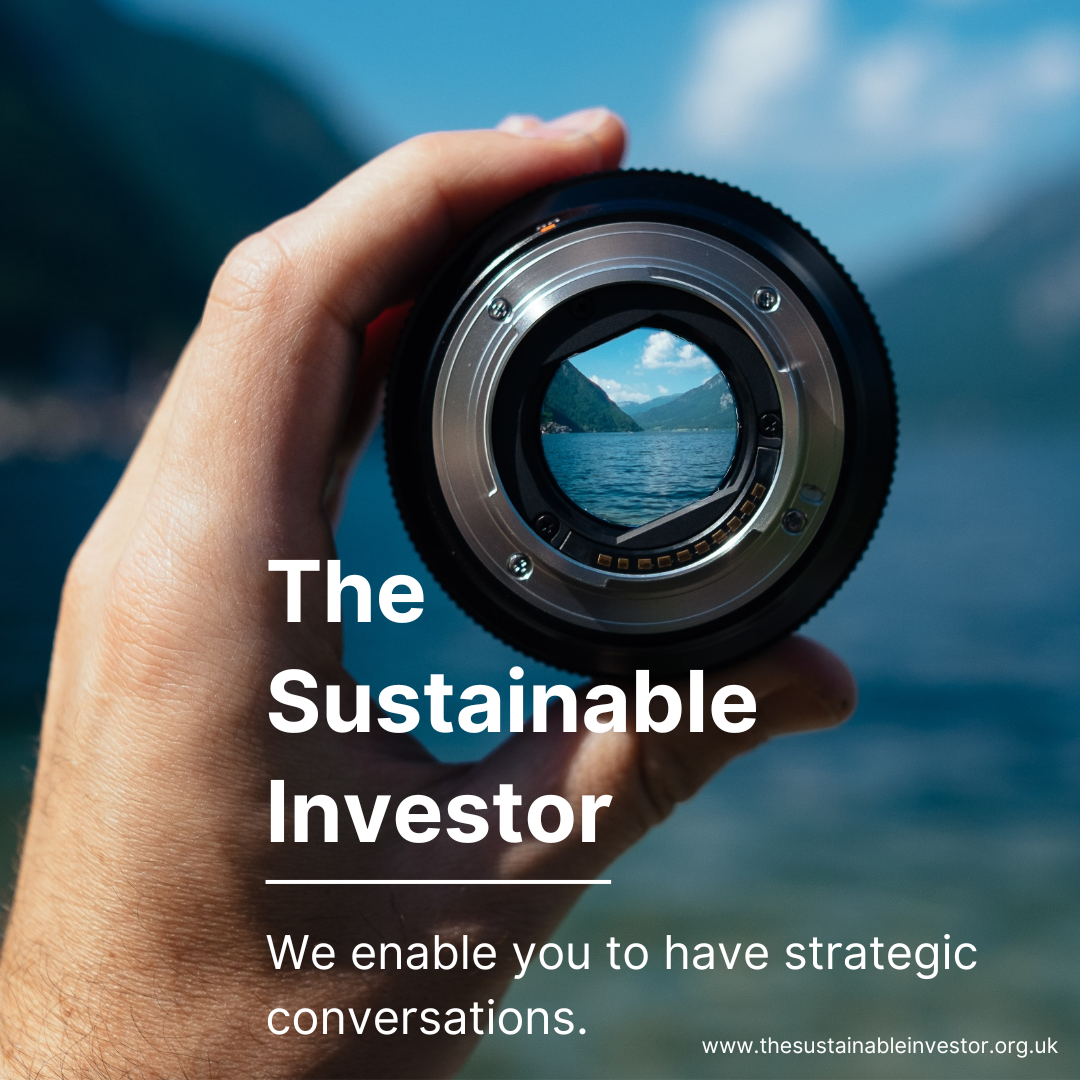
All swans are black in the dark
In a recent LinkedIn post, Andreas Posavac, Global Head of ESG, Corporate Governance and M&A Advisory at S&P Global Market Intelligence discussed a multi-year research study by The Generation Foundation and 2° Investing Initiative called "All swans are black in the dark."
The study investigates the problems of allocating capital for the long term given that the finance sector has historically struggled to capture long-term risks. It also highlights the focus on short-term risk assessment frameworks. Even 'long-term' equity managers were found to hold assets for 1.7 years on average. The study shows that currently, financial analysts tend to evaluate risks that impact cashflows over a 1-3 year time horizon.
This is a big reason why non-linear, non-cyclical, long-term risks get missed. These 'unpredictable' risks are called ‘black swans’ - subprime crisis anyone? However could these some of these black swans actually be predictable but missed by financial analysts due to their long-term, non-linear, non-cyclical profile.
There are some interesting lateral thoughts here when thinking about sustainability.
What if markets are actually long term focused, but that they believe that the pace of the sustainability transitions will be so slow that the business as usual scenario is still financially optimal?
If markets really are long term focused, this gives us some important levers. One is to change the narrative, to persuade the financial markets that starting to change now makes more financial sense than waiting.
👇🏾

Many sustainability transitions bring risks that are long-term, non-linear and non-cyclical but given their overlap with long-term financial risk, the study argues (and we agree) that they "can help identify some of the black-swans (risk reduction), as well as have a positive impact on a company's valuation, rating or fundamentals (e.g. financing costs)."
Bottom line, we don't think you can do financial analysis without considering sustainability and ESG risks.
This quote from Alex Edmans, Professor of Finance, London Business School summarises it nicely for us:
"ESG is both extremely important and nothing special. It's extremely important because it's critical to long-term value, and so any practitioner or academic should take it seriously, not just those with "ESG" in their job title or list of research interests. Thus, ESG doesn't need a specialized term, as that implies it's niche. Considering long-term factors when valuing a company isn’t ESG investing; it’s investing. But, its also nothing special since it's no better or worse than other intangible assets that drive long-term value and create positive externalities for wider society, such as management quality, corporate culture, and innovative capability."
Alex Edmans, The End of ESG
Link to blog 👇🏾
This article featured in What Caught Our Eye, a weekly email featuring stories we found particularly interesting during the week and why. We also give our lateral thought on each one. What Caught our Eye is available to read in full by members.
If you are not a member yet, you can read What Caught Our Eye when it comes out direct in your email inbox plus all of our blogs in full...


Please read: important legal stuff.


